Mockingjay Part 1 may be the first time where I find myself fully supporting the move to split a book into two parts for a movie. It was fine with Harry Potter. I didn’t even bother to see if it made sense with Twilight. And it’s obviously unnecessary with The Hobbit. But for Mockingjay, it was definitely the right move. Maybe even a necessary one. One of the biggest issues with the book (there are several) is how rushed it sometimes felt. There are some big ideas and great moments in the book that never get time to be properly developed or to just breathe for a bit. There’s a headlong rush towards the finale that saps the power from some truly intriguing moments. By taking the book and splitting it into two movies, the story gets a chance to breathe a bit more. It allows for the proper build up to some truly powerful moments, and it gives us a chance to just dwell with the characters a bit more in order to reflect on all that happens. Yes, doing this two-part thing still carries the unavoidable flaw of such a choice – this is an incomplete story without part 2, and it feels that way – but I walked away from Mockingjay Part 1 thinking not only was it the right choice, but it may lead to the weakest book turning into the strongest movie. I certainly thought Mockingjay Part 1 was the best Hunger Games flick thus far.
Some of this improvement comes just from the natural progression of a successful franchise. A bigger budget and a better, more familiar feel for how to handle the material leads to a more confident product. There’s one scene towards the end of Mockingjay that shows just how far this series has come. The combination of excellent cinematography, smart sound design, smart editing, and a great sound track all blend perfectly together to create a tense, edge-of-your-seat scene that remains such, regardless of whether you’ve read the books or not (I have and I was still nervous). The change in tone also greatly helps the film. The story moves away from the actual Hunger Games and instead becomes more of a war film. A story about desperate rebels trying to overthrow a powerful, authoritarian government. The character of Gale does the most to embody this change in the books, and while that doesn’t happen quite as much in the movie (which is too bad), there’s enough to illustrate this change that it still makes the proper impact.
There are many complex emotions to deal with in this part of the story, from the post-trauma of the Hunger Games themselves, to the ongoing atrocities of an oppressive government trying to wipe out all dissent, to very complicated personal relationships. Jennifer Lawrence, for the most part, does a fine job of conveying all of this. It would have been nice had Liam Hemsworth had more development and screen time as Gale, as at this point, he becomes a very interesting character in the book beyond just being the “other guy” in the “romantic drama.” I was concerned mostly about Josh Hutcherson as Peeta. His character goes through some pretty dramatic changes in this story, and I wasn’t sure, based on the previous movies, that he would carry it off. Fortunately, he does, and so capably that his key scene drew loud reactions from the audience. Obviously, some of them didn’t read the books. The rest of the cast is solid, with Julianne Moore doing a great job at introducing us to President Coin and doing a great job at setting up some epic material to come in the second part. Sutherland is suitable as President Snow, again essential for some of the developments in part two. Finally, it’s hard not to feel a little twinge at seeing Philip Seymour Hoffman one more time on the big screen, and it’s touching to see the dedication to him at the end of the film.
There’s a lot of interesting subtext taking place in this story, both politically and spiritually. However, the line that I found most intriguing was Presidents Snow’s statement/taunt that it’s the people that we love the most that ultimately destroys us. It’s a statement that illustrates the inherent risky nature of love. Occasionally, I run across someone who seems surprised at the idea that God would love us. Especially in light of the story in Genesis where we, the ones God loved so much that He made us the crowning achievement in all of his creation, turn our back on him and betray him with sin and rebellion. Why would God have ever allowed that? Why would God bother with the inherent risks of love, especially when He knew what the outcome was? The amazing answer is God thought we were worth the risk. He just loves us that much. He knew the risks, but He also knew the glorious triumph that would result when we too would choose to risk it all for the love of God. Yes, love is risky.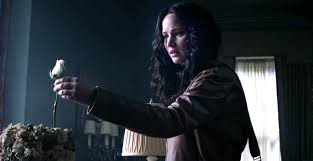 It can leave us vulnerable and even open to destruction. God experienced all of that, but He also knew that love was worth the risk…we were worth the risk…you were worth the risk. Jesus Christ on the cross, Jesus Christ leaving behind an empty tomb, is living proof of that. So yeah, God’s love is somewhat surprising, but I’m so glad He took the risk.
It can leave us vulnerable and even open to destruction. God experienced all of that, but He also knew that love was worth the risk…we were worth the risk…you were worth the risk. Jesus Christ on the cross, Jesus Christ leaving behind an empty tomb, is living proof of that. So yeah, God’s love is somewhat surprising, but I’m so glad He took the risk.
I’m also glad they took the risk to break this story into two parts. Granted, it leaves us with an incomplete story, so I may be singing a different tune when Mockingjay Part 2 comes out, but for now, I feel that splitting things up allows the story to breathe and the characters to develop. I think ultimately it will be good to have the extra time to properly move the pieces into place in order to fully deliver on some of the big finale moments rather than rush through and do that in just one movie. I was surprised to leave the theater thinking I just saw perhaps the best Hunger Games movie thus far. Hopefully, when part 2 gets here, that surprise won’t turn to disappointment.

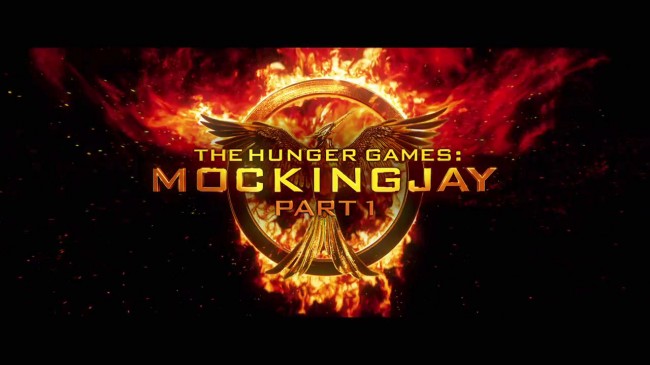
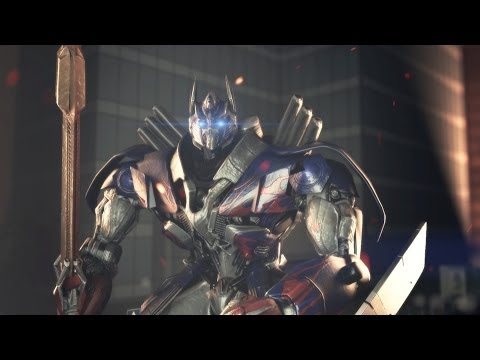
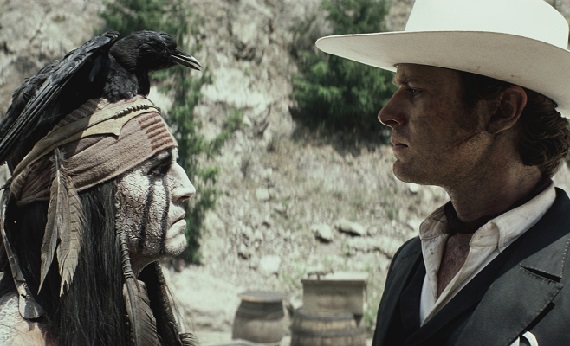
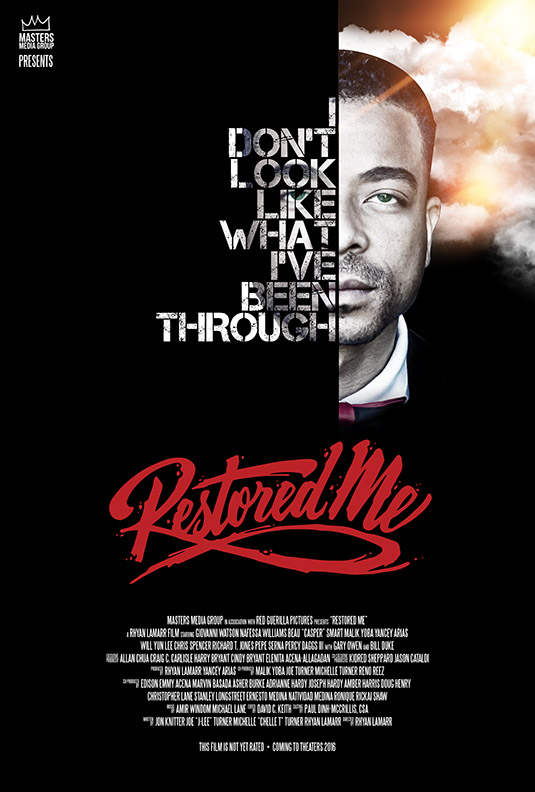
![Transformers 4 [Trailer #2]](https://www.jamthehype.com/wp-content/uploads/2014/05/TRANSFORMERS-4-Trailer-2-Official-1440p-HD.jpg)